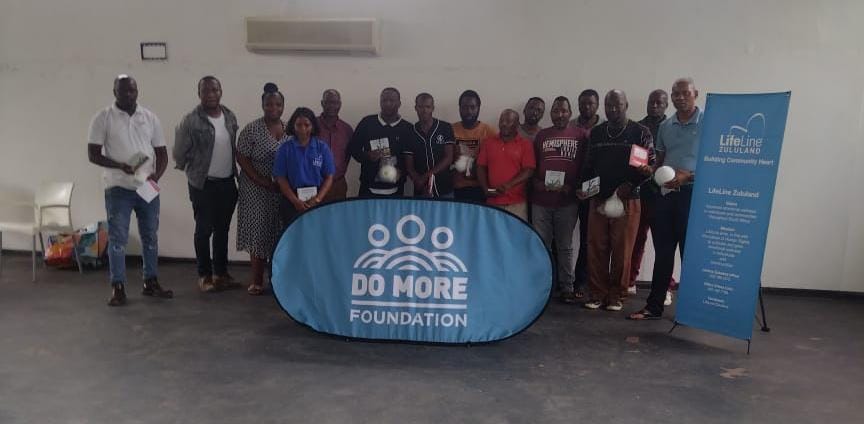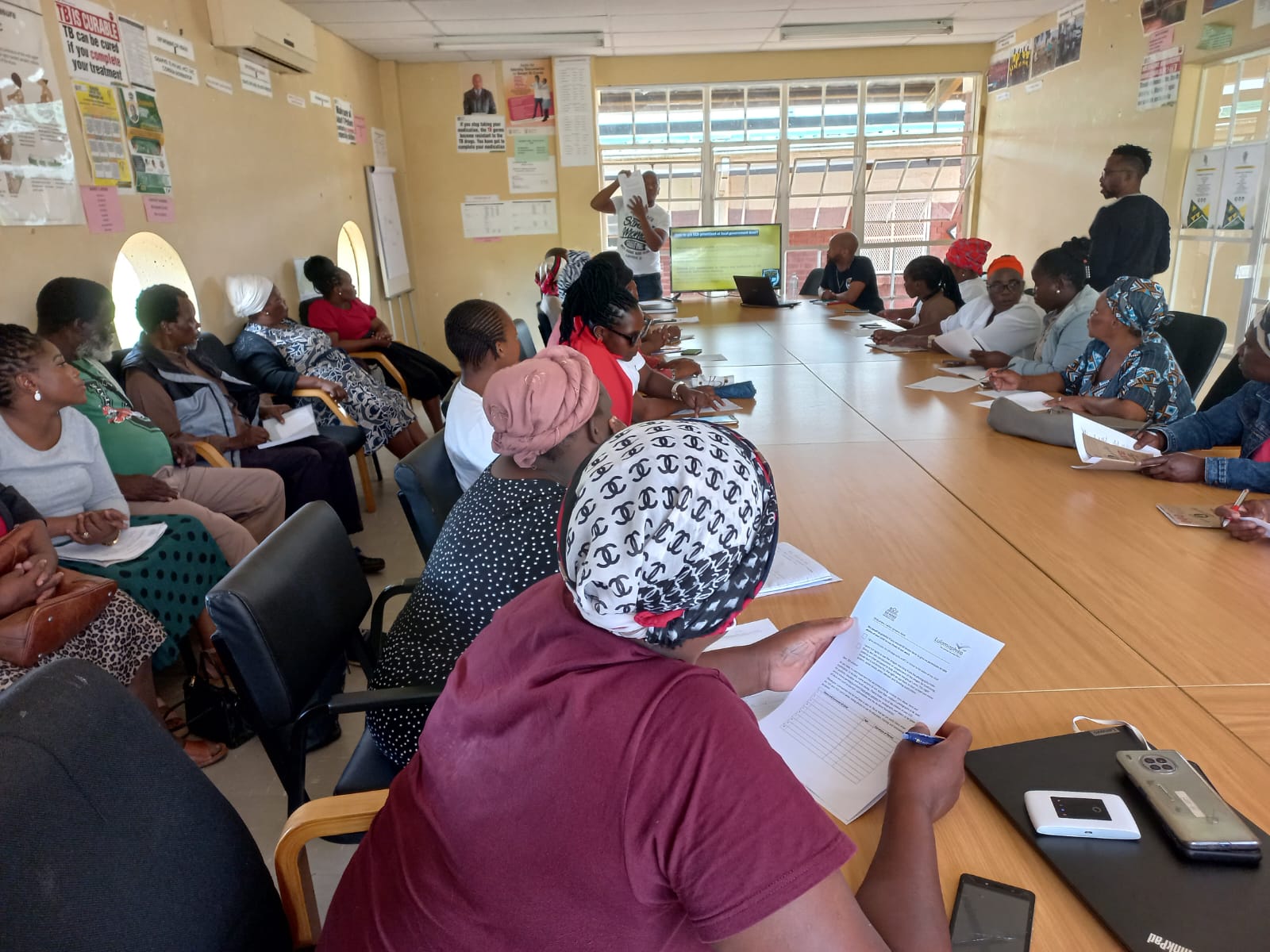Working with Government: Partnering for Sustainable Systemic Change
27 Sep 2024
In the realm of community development, the Do More Foundation has continually championed a model that integrates deep engagement with both government and traditional authorities. This collaborative approach, as discussed in a recent episode of the DO MORE Podcast, underscores the importance of forming meaningful partnerships to drive sustainable change, particularly in the context of early childhood development (ECD).

The Role of Traditional Authorities
Traditional authorities, often pivotal in rural and semi-urban communities, serve as essential gatekeepers and facilitators of development initiatives. As Jabu Mthembu-Dlamini, a key figure in the Foundation, highlights, these authorities are not just ceremonial leaders; they hold significant sway over community affairs and are instrumental in securing the endorsement necessary for project implementation.
In many regions, traditional authorities are appointed by the government to oversee local matters. This positioning makes them indispensable allies in any development effort. Engaging with these leaders early in the planning process ensures that projects are aligned with community values and needs, thereby fostering a more welcoming environment for new initiatives.
Deep Dive Approach: Beyond Surface-Level Interventions
The Do More Foundation’s commitment to a 'deep dive' approach is a testament to its dedication to long-term, systemic change rather than superficial fixes. As discussed by Mthembu-Dlamini, this approach involves working closely with a range of stakeholders, including government bodies, non-profits, and community members, to address complex issues in a comprehensive manner.
This method stands in contrast to quick, one-off interventions that may offer temporary relief but lack lasting impact. By focusing on systemic change, the Foundation aims to create a lasting legacy where the benefits of their work persist even after the project concludes. The involvement of traditional authorities and other local stakeholders ensures that initiatives are rooted in the community and have the potential to be sustained independently over time.
Benefits of Inclusive Stakeholder Engagement
Engaging stakeholders such as traditional authorities and local government officials brings several advantages. Firstly, it enhances community buy-in and ownership. When local leaders and residents are actively involved in the development process, they are more likely to support and sustain the initiatives. This was evident in the example of early childhood development programs, where local understanding and involvement significantly contributed to the success and continuity of these efforts. Furthermore, such engagement helps to align development projects with local priorities and realities. As Mthembu-Dlamini notes, community members often view ECD programs differently once they are educated about their broader impact. This shift in perspective, coupled with local support, can drive more effective implementation and integration of development efforts into the community fabric.

Navigating Challenges and Building Successful Partnerships
Despite the clear benefits, working with government and traditional authorities is not without challenges. One significant hurdle is aligning diverse interests and agendas. As discussed in the podcast, achieving consensus among various stakeholders can be time-consuming and requires a high level of commitment.
Moreover, navigating the complexities of government bureaucracy and differing organizational priorities adds another layer of difficulty. However, the experience shared by Mthembu-Dlamini suggests that a collaborative mindset and a focus on supporting rather than replacing government efforts can lead to fruitful partnerships.
Success stories, such as the budget allocation for ECD in Worster, illustrate the positive outcomes that can arise from these collaborations. By empowering communities to advocate for their needs, and working with local municipalities to address those needs, the Do More Foundation demonstrates how strategic partnerships can lead to meaningful, long-term improvements.
Lessons Learned and Moving Forward
The key takeaway from the discussion is the importance of fostering genuine, supportive relationships with government and traditional authorities. The Do More Foundation's approach underscores that effective community development requires more than just resources—it demands a deep commitment to building trust, understanding local dynamics, and working collaboratively towards common goals. For organizations looking to engage with government and traditional authorities, the advice is clear: involve all relevant stakeholders from the outset, approach partnerships with humility and a genuine desire to support, and be prepared for the long-term effort required to achieve and sustain meaningful change.
In conclusion, the Do More Foundation’s experience illustrates that successful community development hinges on the ability to forge and nurture partnerships that leverage the strengths and insights of both traditional and formal governance structures. By embracing a collaborative and inclusive approach, organizations can drive impactful and lasting change in the communities they serve.